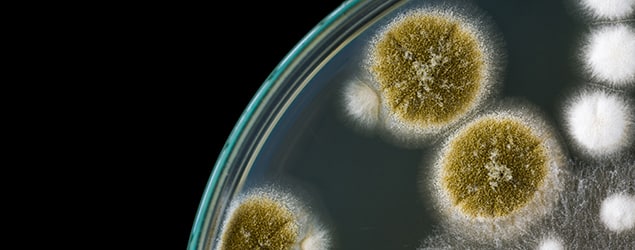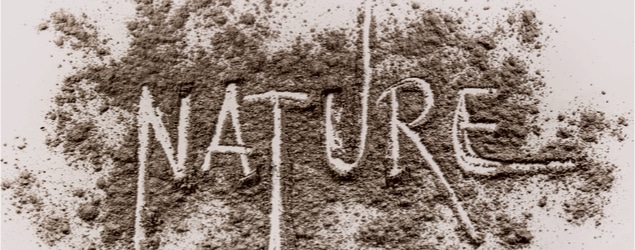Reusable grocery bags really are green

Green and moldy, that is. Canada’s National Post, in a story about reusable fabric grocery bags, reports that:
A microbiological study–a first in North America–of the popular, eco-friendly bags has uncovered some unsettling facts. Swab-testing by two independent laboratories found unacceptably high levels of bacterial, yeast, mold and coliform counts in the reusable bag. . .
The study found that 64% of the reusable bags tested were contaminated with some level of bacteria and close to 30% had elevated bacterial counts higher than what’s considered safe for drinking water.
Further, 40% of the bags had yeast or mold, and some of the bags had an unacceptable presence of coliforms, faecal intestinal bacteria, when there should have been 0.
Recall that reusable bags were supposed to be the green, “eco-friendly” solution to the alleged paper-or-plastic conundrum–the fact that paper bag manufacturing kills trees, while plastic bags clog landfills. But now the solution apparently needs a solution.
In response, the World Wildlife Fund — which spent years strong-arming Canadian grocery chains into charging 5 cents for each plastic bag–said that the concerns could be addressed by washing the reusable bags.
But anyone familiar with green rhetoric can predict the response to that: What about all the water and energy consumed by the washing machine, not to mention all the evil detergents and chemicals that get washed down the drain?! No, laundering the bags will still have an environmental impact — it will still leave a “footprint.”
And that’s the one point that consistently emerges from green philosophy: Whatever we do, we’re consigned to damnation for the unpardonable sin of having a “footprint”–i.e., being alive.



